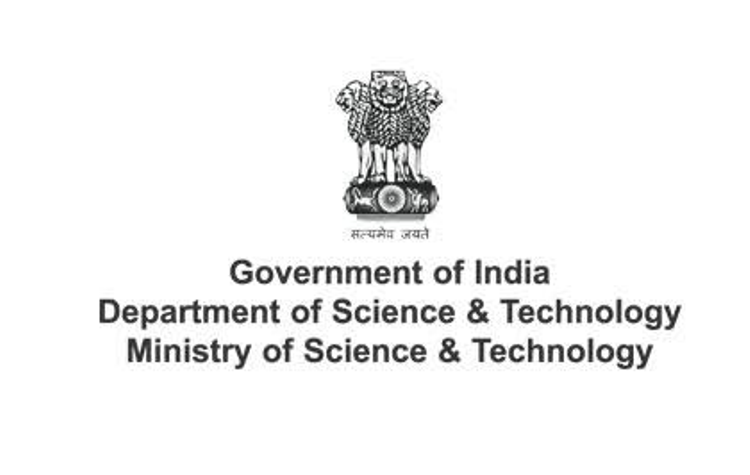Secretary DST outlines genesis of Nano India at ICONSAT
Prof Sharma emphasized the need to create a network of experts in nano-science so that each can learn from the other and integrate the knowledge across sectors like energy, agriculture, transport, health and so on.

- Country:
- India
The International Conference on Nano Science and Nano Technology (ICONSAT) under the aegis of Nano Mission, Department of Science and Technology (DST), started at Biswa Bangla Conventional Centre, Kolkata focusing on the recent advances in this frontier research field.
In his inaugural address, Professor Ashutosh Sharma, Secretary, DST outlined the genesis of Nano India and said that in the last 20 years infrastructure and human resources have been built in the field of nanoscience and technology.
Prof Sharma emphasized the need to create a network of experts in nano-science so that each can learn from the other and integrate the knowledge across sectors like energy, agriculture, transport, health and so on.
Prof Sharma emphasized that 5Ms – mechanical, material, machines, manufacturing and manpower, are the need of the hour and we should orient all these to focus on how nano-science and technology can contribute to the challenges like sustainable development and new technology (machine learning, artificial intelligence and so on).
Prof Sharma stressed that science should be related to the larger section of our society and invited young scientists to participate with AWSAR, a DST new initiative through which young scholars can submit popular science stories related to their work while connecting them with societal benefits.
ICONSAT 2020 is being organized during 5 -7 March at the Biswa Bangla Convention Centre by the S. N. Bose National Centre for Basic Sciences, Kolkata. The three-day event deliberates on several thematic topics in the field, bringing out cutting-edge developments in the domain of physical, chemical, materials as well as biological sciences. In addition to existing research on nano-materials, several emerging areas such as quantum materials, energy materials and nanotechnology for agriculture have been included in cognizance of the identified thrust areas of DST Nano mission.
In his special lecture through video conference, Bharat Ratna Prof. C. N. R. Rao, the Patron of ICONSAT 2020 said that nanoscience has a tremendous application in various areas and highlighted the success stories in fields like nano-medicine, agriculture, environment, and energy.
Prof Rao said that nanoscience is an extraordinary sector to work in and have a lot of opportunities for translation of benefits for society. He urged the young scientists to think differently, out of the box and encouraged them to do something unique in India so that in the next five years India would be at the top of the world not in the only nanoscience but in all sciences.
Professor A K Sood from Indian Institute of Science who is the Chairman of the organizing committee of ICONSAT informed the audience about the conference and said that the three-day conference would include nine plenary lectures and 36 invited talks by eminent scientists from India as well as from abroad; along with nine oral presentations, 350 posters presentation. The conference is being attended by around 450 participants.
During the inaugural function, Prof. Sabu Thomas, Vice-Chancellor, Mahatma Gandhi University, Kottayam was conferred with National Research Award in Nano Science & Technology for his extraordinary contribution in the field of nanoscience. Dr. Saurabh Lodha, IIT Bombay, and Dr. Vivek Polshettowar, TIFR, Mumbai were conferred with Young Research Awards in Nano Science & Technology.
(With Inputs from PIB)
ALSO READ
Optics Revolution: Nvidia's Chip Technology and the Future of AI
Sports Technology and Betting: Major Acquisition Shake-Up
Transforming India: Reducing Logistics Costs and Revolutionizing Technology at Convergence India Expo
Strengthening India-Taiwan Ties: A New Era in Semiconductor and Technology Cooperation
Meghalaya Combines Tradition with Technology to Battle Tuberculosis










